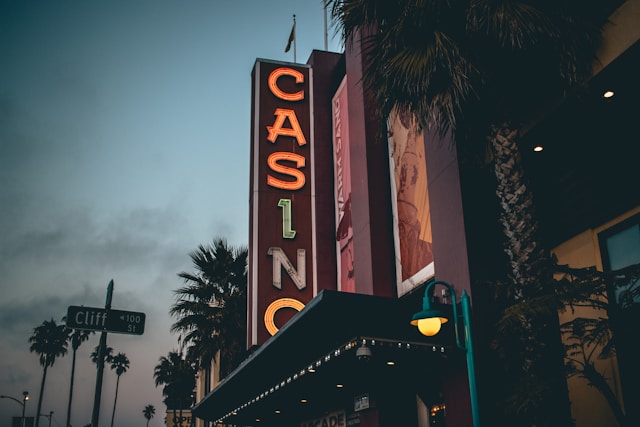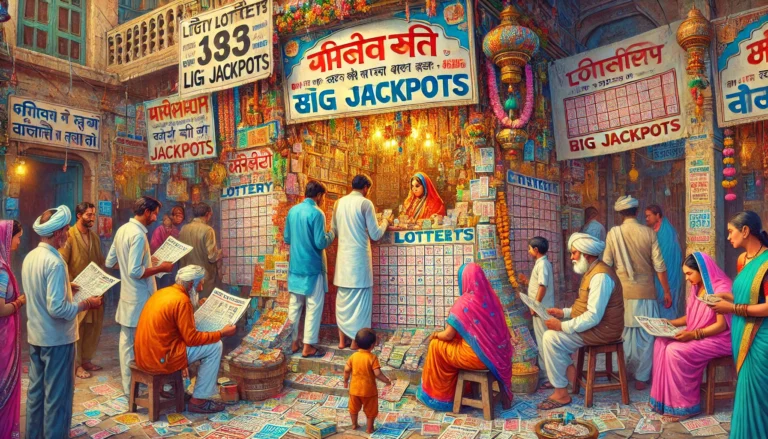The worldwide arena of gambling and casinos presents a rich tapestry of diversity, reflecting the unique legal, cultural, and societal contexts of the nations that accommodate them. The gambling experience is profoundly shaped by the cultural significance of casinos, offering a glimpse into the distinctive character of each region.
In the brightly illuminated streets of Las Vegas, casinos dazzle with their vibrant energy, while the historical sophistication of Monte Carlo offers a glimpse into the elegance of gambling’s past. Across the globe, casinos serve not merely as establishments for betting but as institutions that capture the essence of their surroundings, showcasing the cultural, economic, and legal frameworks that influence their operations.
This global variety not only enhances the gambling experience but also enriches the cultural landscape of the locations they are part of, making each casino a unique reflection of its home.
The Impact and Cultural Significance of Casinos
Casinos have long been more than just venues for gambling; they are vibrant hubs of cultural and social interaction that reflect and influence the communities and countries they inhabit.
Let’s dive into the diverse impact and cultural significance of casinos worldwide, showcasing their role beyond gaming floors.
United States: The Land of Liberty and Casinos
In the United States, the casino industry is a significant part of the entertainment and tourism sectors, with Las Vegas, Nevada, standing as the epitome of casino culture.
Beyond Nevada, almost every state harbors casinos, including Native American-operated ones, underscoring the country’s complex regulatory tapestry and the widespread cultural acceptance of gambling as a form of entertainment.
Canada: A Model of Regulation
Canada presents a more regulated approach, with laws allowing only offshore casino providers to operate legally. This regulatory framework highlights the country’s cautious stance towards online gambling while still benefiting from the industry’s economic contributions.
Asia: A Spectrum of Acceptance
Asia’s gambling laws vary dramatically, from the strict prohibitions in China and Taiwan to the thriving casino industries in Macau, the Philippines, and Singapore. These differences underscore the region’s varied cultural attitudes towards gambling, from viewing it as a lucrative tourist attraction to outright banning it on moral or religious grounds.
Europe: Tradition Meets Modernity
Europe offers a rich tapestry of gambling cultures, from the high-stakes glamour of Monte Carlo in Monaco to the regulated, modern casinos of the United Kingdom. European casinos blend tradition with contemporary luxury, providing a window into the continent’s diverse cultural heritage and its approach to gambling regulation.
Middle East and Africa: Contrasting Perspectives
The Middle East, with stringent laws against gambling in most countries, contrasts sharply with certain African nations where the industry is seen as a burgeoning market, reflecting the complex interplay between cultural values, economic aspirations, and regulatory practices.
Egypt and South Africa are notable exceptions in their regions, hosting vibrant casino scenes amidst otherwise restrictive environments.
Latin America: Emerging Markets and Cultural Integration
In Latin America, countries like Brazil are on the cusp of significant regulatory shifts that could see the introduction of large-scale casino resorts, signaling a potential transformation in the region’s gambling landscape and its integration into broader tourism and entertainment sectors.
The Economic and Cultural Significance of Casinos
Casinos contribute significantly to local economies, creating jobs, generating tax revenue, and attracting international tourists. Yet, they also pose challenges, including concerns over gambling addiction and the potential for social inequality.
The balance between these benefits and drawbacks is delicate, influenced by cultural attitudes, legal frameworks, and economic considerations.
Conclusion

The importance of casinos stretches far beyond the realm of simple gambling activities. They mirror the intricate dance of historical practices, legal boundaries, and the push toward modernity that varies significantly across different nations.
This variance illuminates how societies perceive and integrate gambling within their cultural and economic fabric. As countries around the globe grapple with the dual-edged sword of gambling’s allure and its potential pitfalls, the ongoing transformation of the casino industry remains a captivating subject.
It provides a unique lens through which to view the evolving dynamics of global cultural and economic patterns, showcasing how tradition and innovation can coexist and influence each other within the international gambling landscape.









